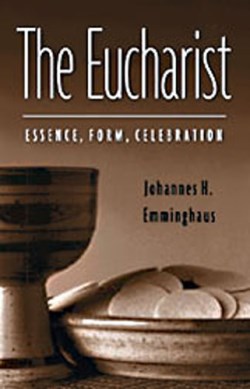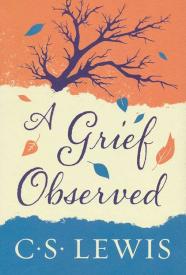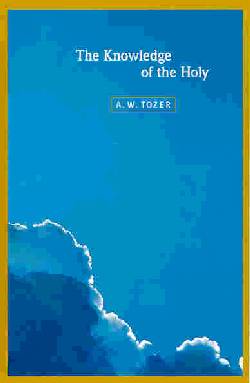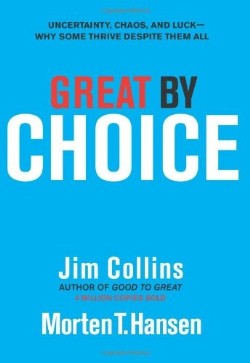Eucharist : Essence Form Celebration (Revised)
$36.95
This well-known and respected work on the eucharistic celebration has been updated and revised. The editor Monsignor Maas-Ewerd has incorporated the insights of recent research, updated the bibliography, and re-formulated many passages in light of some important changes in thought and language since the first edition.
The Eucharist: Essence, Form, Celebration helps readers gain an understanding of correct form for celebration of the eucharistic liturgy in light of the renewals of Vatican Council II. It is therefore an “explanation of the Mass,” as Pius Parsch, to whom the first edition was dedicated, understood it. It is an explanation both of the biblical foundations and of the historical development of the liturgy within its two-thousand-year tradition. Thus, Maas-Ewerd maintains that we must inquire into both aspects-Jesus’ foundational intention and the Church’s long tradition of celebrating the Lord’s legacy-to obtain a clear picture of the enduringly valid form of the Mass at all times, including its present realization.
In the foreword to the first edition, Johannes Emminghaus wrote that, despite the many content and language changes since the first edition, Parsch’s fundamental principle was correct, and it remains so today: the essence or nature of the liturgy can only be explained on the basis of Christ’s institution (as witnessed in Scripture) and the traditional teaching of the Church. Its form, in turn, with its many changes and its high and low points, is explicable also through Scripture and history; but the manner of its celebration can only be explained through the form as we know it and especially through the concrete faith of people.
The intent of The Eucharist: Essence, Form, Celebration is practical: it is meant as an aid to an appropriate and responsible celebration of the congregational Eucharist. Readers-those in ministry, teachers, catechists, and members of parish liturgical committees and study groups, as well as those interested in Church history-are invited to an active participation, one that bears fruit because it stems from faith.
Maas-Ewerd maintains that our task now is to live with the renewed liturgy, to integrate it more fully into our lives, and at the same time understand and celebrate it as a sign of salvation and as the Church’s self-expression. The Eucharist: Essence, Form, Celebration encourages this process.
in stock within 3-5 days of online purchase
SKU (ISBN): 9780814610367
ISBN10: 0814610366
Johannes Emminghaus | Editor: Theodor Maas-Ewerd | Translator: Linda Maloney
Binding: Trade Paper
Published: December 1978
Publisher: Liturgical Press
Print On Demand Product
Related products
-
Grief Observed
$15.99Written by C. S. Lewis with love and humility, this brief but poignant volume was first published in 1961 and courageously encounters the anger and heart-break that followed the death of his wife, an American-born poet, Joy Davidman. Handwritten entries from notebooks that Lewis found in his home capture the doubt and anguish that we all face in times of great loss. He questions his beliefs in this graceful and poignant affirmation of faith in the face of senseless loss.
Add to cartin stock within 3-5 days of online purchase
-
Knowledge Of The Holy
$15.99Informative and inspiring, The Knowledge of the Holy illuminates God’s attributes–from wisdom, to grace, to mercy–and shows through prayerful and discussion, how we can more fully recognize and appreciate each of these divine aspects. This book will be treasured by anyone committed to the Christian faith. It bears eloquent witness to God’s majesty and shows us new ways to experience and understand the wonder and the power of God’s spirit in our daily lives.
Add to cart1 in stock (additional units can be purchased)
-
Great By Choice
$29.99The new question
Ten years after the worldwide bestseller Good to Great, Jim Collins returns with another groundbreaking work, this time to ask: Why do some companies thrive in uncertainty, even chaos, and others do not? Based on nine years of research, buttressed by rigorous analysis and infused with engaging stories, Collins and his colleague, Morten Hansen, enumerate the principles for building a truly great enterprise in unpredictable, tumultuous, and fast-moving times.The new study
Great by Choice distinguishes itself from Collins’s prior work by its focus not just on performance, but also on the type of unstable environments faced by leaders today.With a team of more than twenty researchers, Collins and Hansen studied companies that rose to greatness-beating their industry indexes by a minimum of ten times over fifteen years-in environments characterized by big forces and rapid shifts that leaders could not predict or control. The research team then contrasted these “10X companies” to a carefully selected set of comparison companies that failed to achieve greatness in similarly extreme environments.
The new findings
The study results were full of provocative surprises. Such as:The best leaders were not more risk taking, more visionary, and more creative than the comparisons; they were more disciplined, more empirical, and more paranoid.
Innovation by itself turns out not to be the trump card in a chaotic and uncertain world; more important is the ability to scale innovation, to blend creativity with discipline.
Following the belief that leading in a “fast world” always requires “fast decisions” and “fast action” is a good way to get killed.
The great companies changed less in reaction to a radically changing world than the comparison companies.
The authors challenge conventional wisdom with thought-provoking, sticky, and supremely practical concepts. They include: 10Xers; the 20 Mile March; Fire Bullets, Then Cannonballs; Leading above the Death Line; Zoom Out, Then Zoom In; and the SMaC Recipe.Finally, in the last chapter, Collins and Hansen present their most provocative and original analysis: defining, quantifying, and studying the role of luck. The great companies and the leaders who built them were not luckier than the comparisons, but they did get a higher Return on Luck.
This book is classic Collins: contrarian, data-driven, and uplifting. He and Hansen show convincingly that, even in a chaotic and uncer
Add to cart1 in stock






Reviews
There are no reviews yet.